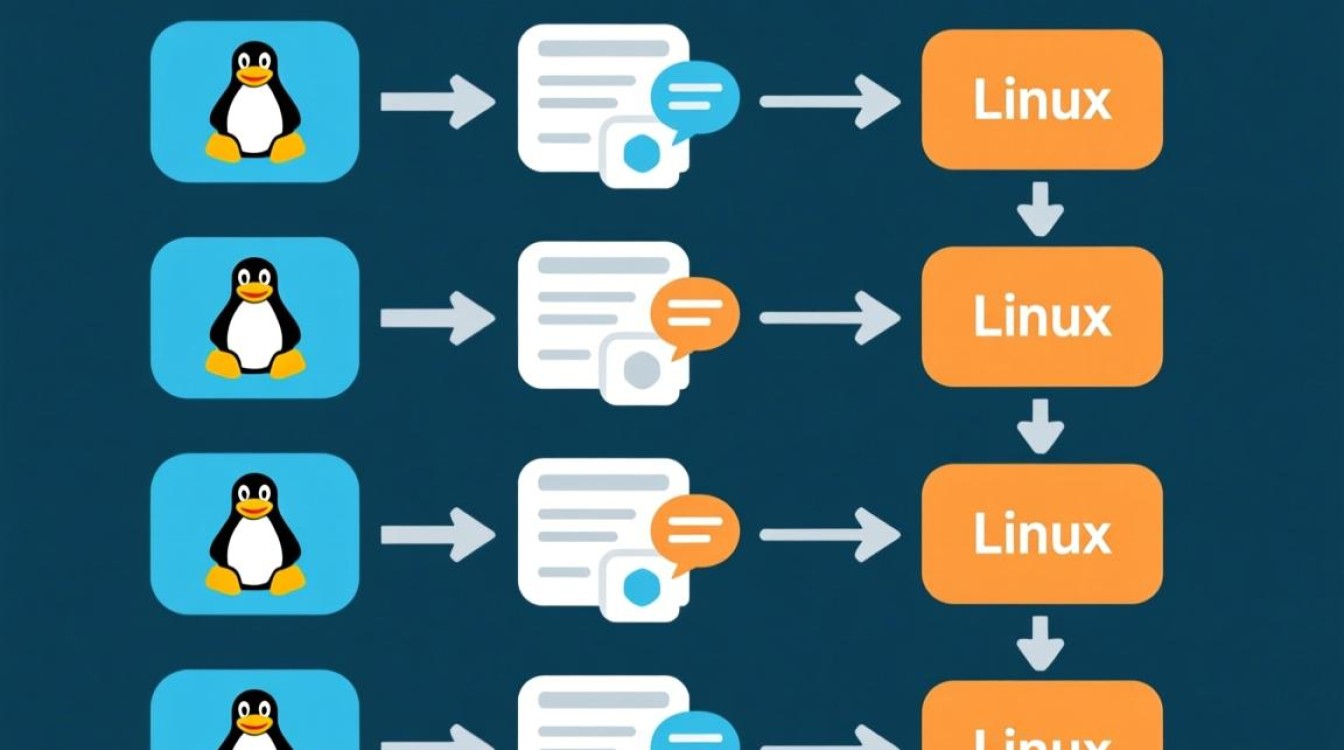在Linux环境下使用C语言获取时间信息是开发中常见的需求,无论是日志记录、性能监控还是定时任务处理,准确的时间获取都至关重要,本文将详细介绍Linux C语言中获取时间的多种方法,包括时间表示、获取当前时间、格式化输出、高精度计时以及时区处理等内容,帮助开发者全面掌握时间相关的编程技巧。

时间表示的基础概念
在Linux系统中,时间主要通过两种方式表示:日历时间和进程时间,日历时间是指从1970年1月1日00:00:00 UTC(称为Epoch)到当前时刻的秒数,使用time_t类型存储,进程时间则用于衡量进程的执行时间,包括用户CPU时间、系统CPU时间和实时时间,理解这些基本概念是掌握时间编程的前提。
Linux还提供了更精确的时间表示结构体timespec,包含秒(tv_sec)和纳秒(tv_nsec)两个成员,适用于需要高精度计时的场景,而传统的time_t类型在32位系统上可能面临2038年问题,因此在现代开发中建议使用64位时间类型。
获取当前时间的基本方法
使用time函数获取日历时间
time函数是最简单的时间获取方式,其原型为time_t time(time_t *t),该函数返回当前时间的time_t值,如果参数t非NULL,同时将时间值存入*t指向的内存。
#include <time.h>
#include <stdio.h>
int main() {
time_t current_time;
time(¤t_time);
printf("当前时间戳:%ld\n", current_time);
return 0;
}
使用localtime转换为本地时间
time函数获取的是UTC时间,通过localtime函数可以将其转换为本地时间,该函数返回一个指向struct tm结构体的指针,该结构体包含年、月、日、时、分、秒等信息。
struct tm *local_time = localtime(¤t_time);
printf("本地时间:%d-%d-%d %d:%d:%d\n",
local_time->tm_year + 1900,
local_time->tm_mon + 1,
local_time->tm_mday,
local_time->tm_hour,
local_time->tm_min,
local_time->tm_sec);
时间格式化与字符串转换
使用strftime格式化时间
strftime函数可以将struct tm结构体格式化为自定义的字符串,其原型为size_t strftime(char *s, size_t maxsize, const char *format, const struct tm *tm),格式化字符串支持多种占位符,如”%Y”表示四位年份,”%m”表示月份等。
char time_str[100];
strftime(time_str, sizeof(time_str), "%Y-%m-%d %H:%M:%S", local_time);
printf("格式化时间:%s\n", time_str);
常用时间格式化占位符
| 占位符 | 含义 | 示例输出 |
|---|---|---|
| %Y | 四位年份 | 2023 |
| %m | 月份(01-12) | 12 |
| %d | 日期(01-31) | 25 |
| %H | 小时(00-23) | 14 |
| %M | 分钟(00-59) | 30 |
| %S | 秒(00-60) | 45 |
| %F | 日期(YYYY-MM-DD) | 2023-12-25 |
| %T | 时间(HH:MM:SS) | 14:30:45 |
高精度时间获取
对于需要纳秒级精度的场景,Linux提供了多种高精度时间API:

clock_gettime函数
clock_gettime函数可以获取高精度时间,支持CLOCK_REALTIME(实时时间)和CLOCK_MONOTONIC(单调时间)等时钟类型,其原型为int clock_gettime(clockid_t clk_id, struct timespec *tp)。
#include <time.h>
struct timespec ts;
clock_gettime(CLOCK_REALTIME, &ts);
printf("高精度时间:%ld.%09ld秒\n", ts.tv_sec, ts.tv_nsec);
gettimeofday函数(已废弃)
虽然gettimeofday函数在旧代码中广泛使用,但POSIX.1-2008已将其标记为废弃,建议使用clock_gettime替代,其原型为int gettimeofday(struct timeval *tv, struct timezone *tz)。
时区处理
在跨时区应用中,正确处理时区非常重要,Linux提供了tzset函数来加载时区信息,并通过环境变量TZ设置时区。
#include <unistd.h>
// 设置时区为"Asia/Shanghai"
setenv("TZ", "CST-8", 1);
tzset();
// 重新获取本地时间将反映新时区
local_time = localtime(¤t_time);
性能计时与进程时间
使用clock函数测量CPU时间
clock函数返回进程使用的CPU时间(以时钟为单位),通过CLOCKS_PER_SEC可以转换为秒,适用于测量代码执行时间。
clock_t start, end;
start = clock();
// 要测量的代码段
end = clock();
double time_used = ((double)(end - start)) / CLOCKS_PER_SEC;
printf("CPU时间:%f秒\n", time_used);
使用times函数获取详细进程时间
times函数返回进程及其子进程的用户CPU时间和系统CPU时间,其原型为clock_t times(struct tms *buf)。
#include <sys/times.h>
struct tms tms_buf;
times(&tms_buf);
printf("用户CPU时间:%ld\n", tms_buf.tms_utime);
printf("系统CPU时间:%ld\n", tms_buf.tms_stime);
时间转换与计算
mktime函数转换struct tm为time_t
mktime函数可以将struct tm结构体转换为time_t值,同时会自动处理非法日期(如2月30日)并调整结构体成员。

struct tm future_time = {0};
future_time.tm_year = 2024 - 1900;
future_time.tm_mon = 11; // 12月
future_time.tm_mday = 25;
future_time.tm_hour = 12;
time_t future_timestamp = mktime(&future_time);
时间差值计算
计算两个时间戳的差值可以直接使用减法运算,结果为秒数,对于高精度时间,需要分别计算秒和纳秒的差值。
time_t diff = future_timestamp - current_time;
printf("时间差:%ld秒\n", diff);
Linux C语言提供了丰富的时间处理API,从简单的time函数到高精度的clock_gettime,从本地时间转换到时区处理,开发者可以根据具体需求选择合适的方法,在实际开发中,需要注意以下几点:
- 对于需要高精度的场景,优先使用clock_gettime而非gettimeofday
- 处理时间时考虑时区问题,特别是在跨时区应用中
- 注意time_t在32位系统上的2038年问题,必要时使用64位类型
- 格式化时间时合理使用strftime,避免手动拼接字符串
通过掌握这些时间处理技术,开发者可以构建更加健壮和精确的时间相关功能,为应用程序提供可靠的时间支持。


















